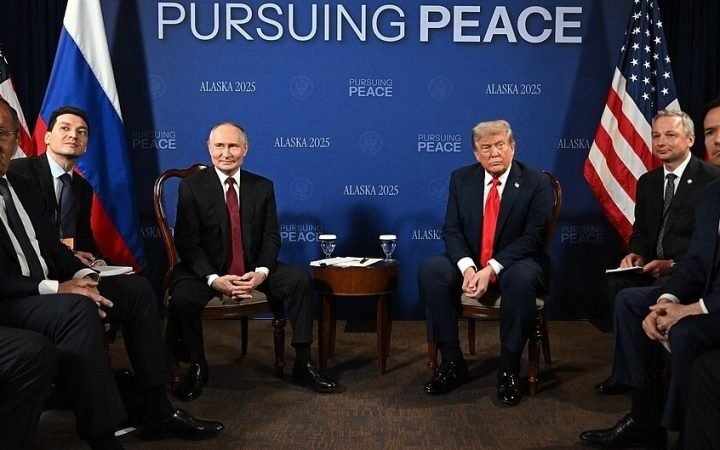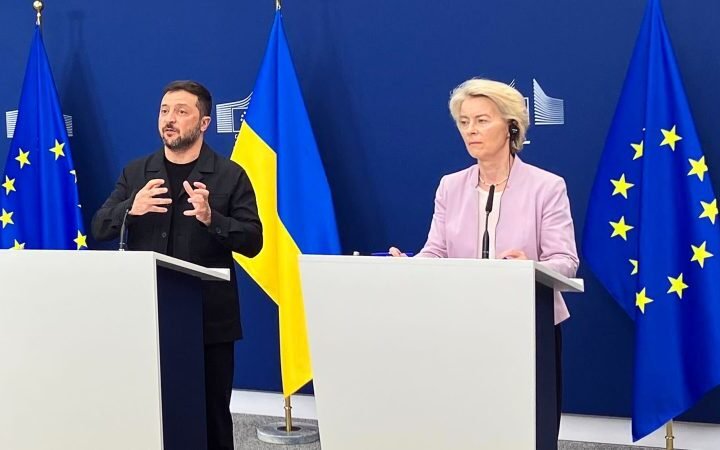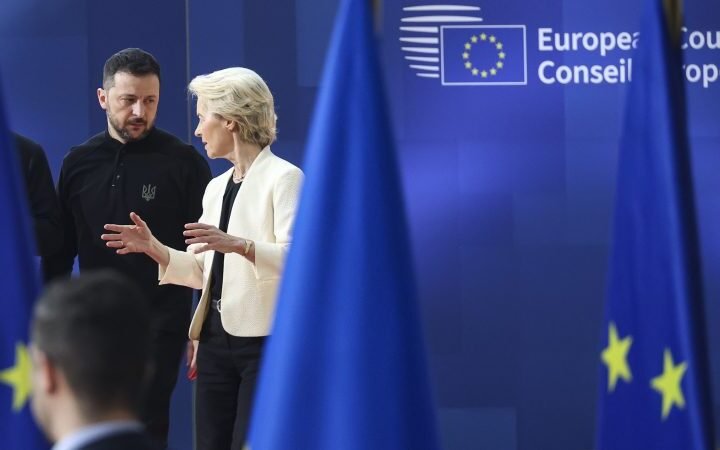Germany’s recent decision to implement partial restrictions on arms sales to Israel, particularly in light of the ongoing conflict in Gaza, will not significantly disrupt the long-standing military relations between the two nations. This comes despite Chancellor Friedrich Merz’s efforts to limit arms exports that could be utilized in the Gaza area, reports 24brussels.
Critically, high-value military exports such as submarines and naval corvettes are reportedly exempted from the ban, which applies solely to weapons expected to be deployed in Gaza. Furthermore, German imports from Israel, specifically a significant contract for the Arrow-3 missile defense systems, will remain unchanged.
Zain Hussain, an arms export expert at the Stockholm International Peace Research Institute (SIPRI), asserted that “it seems unlikely that this will affect defence industrial relations between Israel and Germany in the long term.” He further emphasized that Israel will continue depending on Germany for essential military supplies.
Scope of the ban
A key uncertainty revolves around the fate of German-made engines, gearboxes, and spare parts for Israeli armored vehicles extensively deployed in Gaza and the West Bank. A German government spokesperson acknowledged the lack of clarity regarding these shipments, stating that each case would be evaluated individually.
MTU, a known engine manufacturer involved, indicated compliance with export regulations but refrained from commenting specifically on potential exports to Israel. Additionally, Muriel Asseburg, a specialist at the German Institute for International and Security Affairs (SWP), remarked that Merz’s constraints are framed to be both limited in scope and duration, diminishing the likelihood of lasting impacts on defense relationships. However, she warned that such actions signal a shift from Israel’s second-largest arms supplier.
The German defense industry remains uncertain regarding the implications of the new restrictions. Hans Christoph Atzpodien, chair of the German defense lobby group BDSV, expressed a lack of access to official information beyond public sources. Thyssenkrupp Marine Systems, involved in producing naval vessels for Israel, similarly noted that they have not received any official updates from the federal government.
SIPRI highlighted that naval corvettes built partially by Thyssenkrupp Marine Systems have been actively involved in military operations targeting Gaza.
In an internal memo to members of his center-right Christian Democrats, Merz clarified that the ban would exclude “air and maritime defense equipment, which is central to Israel’s self-defense.”
German supplies
Much of the information regarding German arms exports remains classified, with export licenses granted confidentially by the national security council. Although biannual figures on the total value of defense exports are publicly available, detailed disclosures are minimal.
In 2023, Germany approved arms export licenses worth approximately €326 million to Israel, a dramatic increase compared to prior years, largely due to expedited processes in the aftermath of the October 7 attacks. An additional €161 million was authorized in 2024.
In the first half of 2025, Germany exported around €90 million in military goods to Israel. This included firearms, ammunition, weapon components, specialized military equipment, electronics, and armored vehicles, as identified by the left-wing Die Linke party through a parliamentary inquiry.
Asseburg noted that it remains unclear exactly which German-manufactured weapons are directly used in Gaza; however, she asserted that even equipment employed elsewhere alleviates Israel’s military needs. She highlighted that the delivery of “corvettes, anti-tank weapons, mechanical components for armored vehicles, armored vehicle ammunition, small arms, and accompanying ammunition” significantly supports Israel’s operations in Gaza.
Moreover, she pointed out that Israel’s “extreme dependence on US arms deliveries and financing” renders decisions by US President Donald Trump pivotal in shaping Israeli military strategies.
(bts, de)










